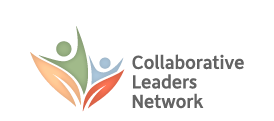When an initiative is proposed, a key consideration for the facilitator is whether the project has the potential to positively affect the community.
When an initiative is proposed, the facilitator’s first task is to decide whether or not to accept the invitation. A key consideration is whether the project has the potential to positively affect the quality of life in the community and whether it enables the facilitator to maintain integrity with the people and place that are the context for the work being done.
The decision to go-ahead results in a written agreement that specifies the scope of work, expected outcomes, timing, phasing, and next steps. This agreement, and the thinking that goes into it, form the basis for the work ahead.
For a facilitator to maintain trust with a community of people, it’s important to engage with only those initiatives that “add volume” to the voice of the community and its values.
